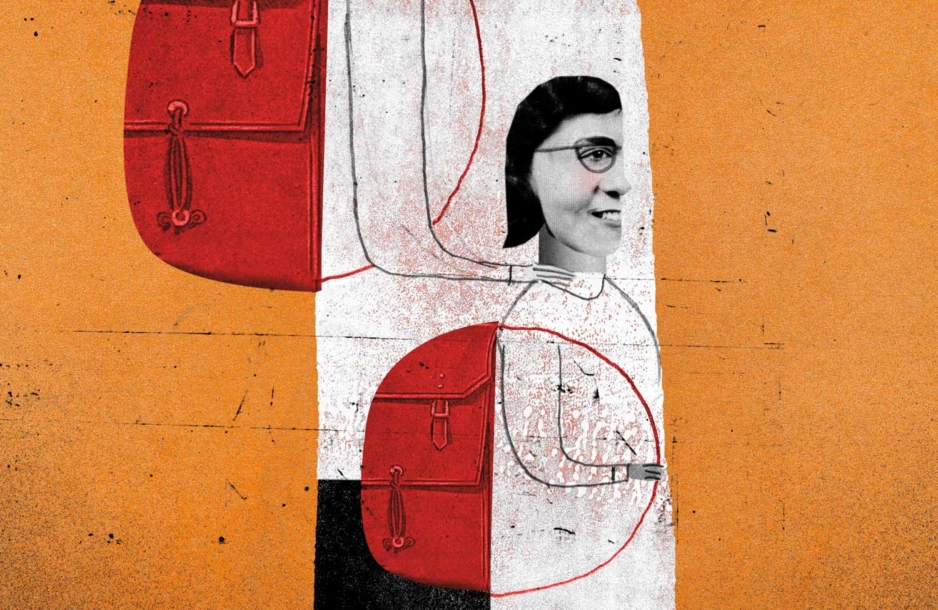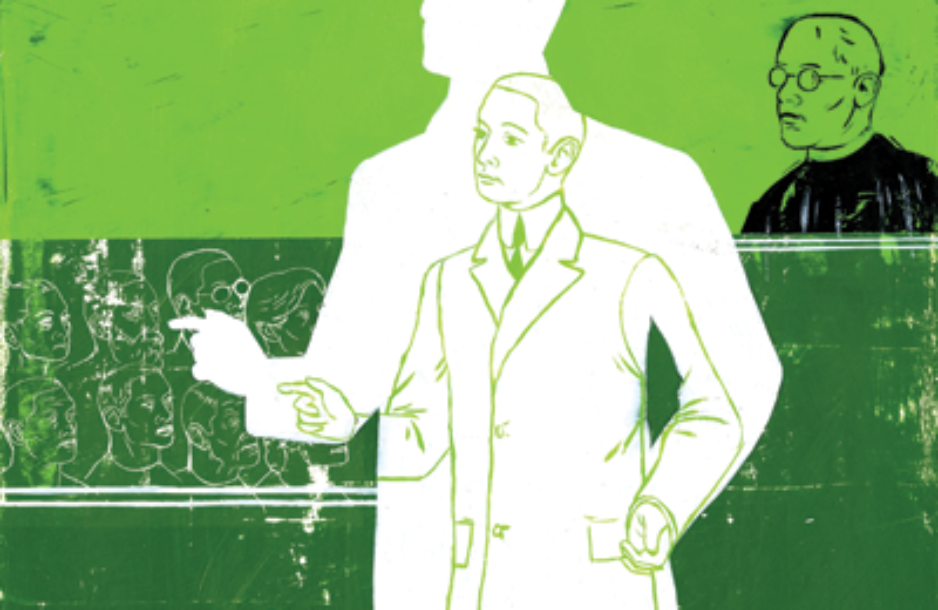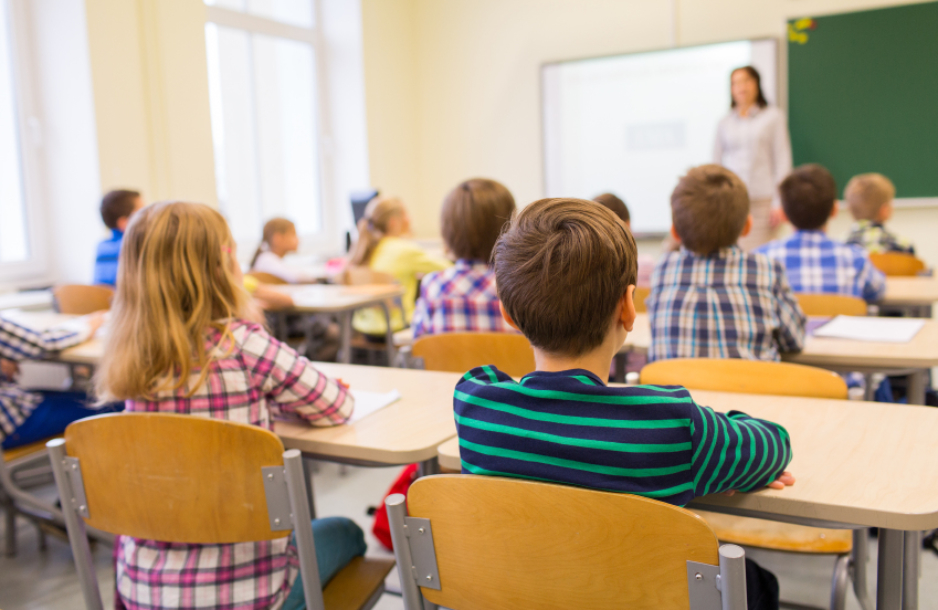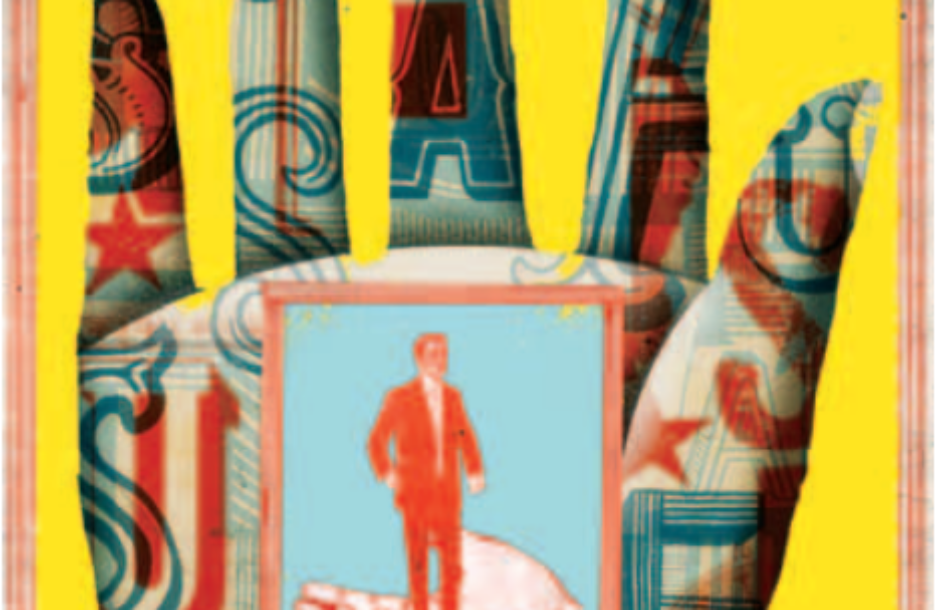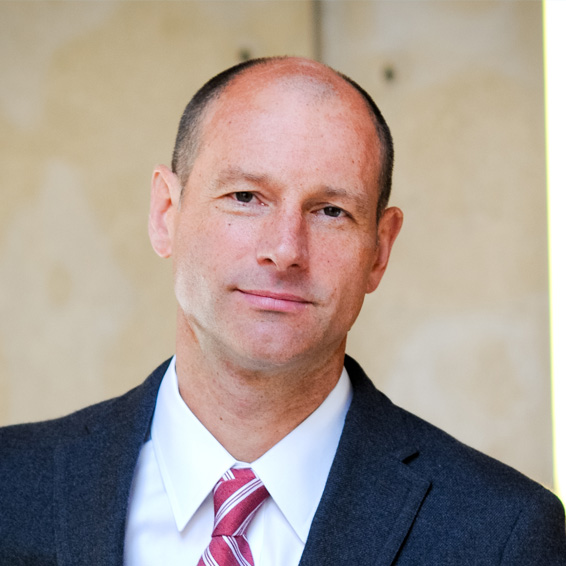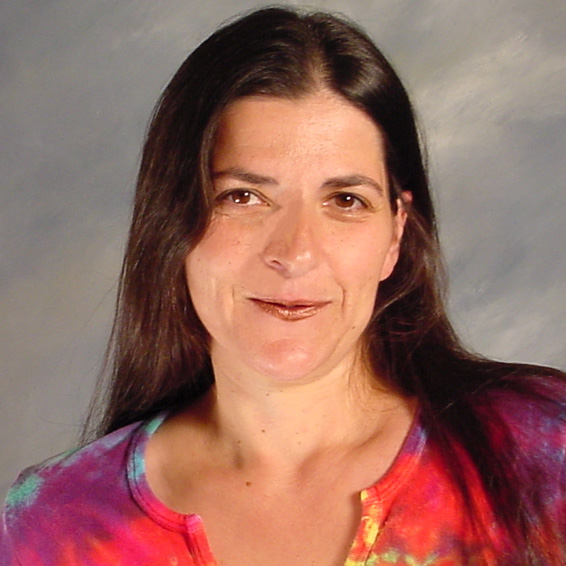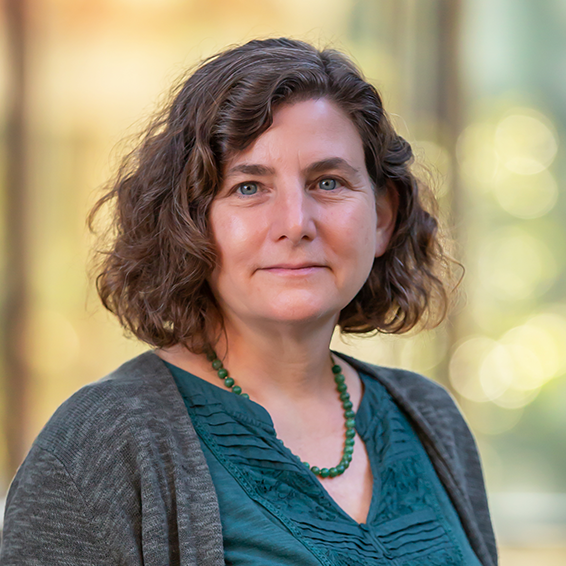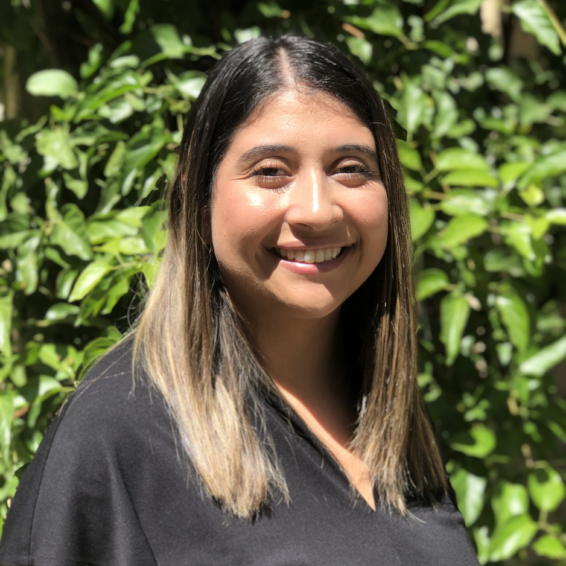The Student Experience
Working in YELP was one of the most fulfilling experiences of my life. My work, supported by careful attention and constant encouragement from my supervisors, equipped me with skills to be a better lawyer and a better person. With instruction and encouragement from Bill Koski and Abigail Trillin, I was able to assist two families in obtaining proper educational accommodations for their young children and lobby at the state capitol to ensure that the educational rights of foster children were being honored. I’m happy to say that my work in YELP has made a tangible positive impact on two families, and proud that YELP has empowered those families to more effectively advocate for the beloved children in their lives even without assistance from our clinic.
Stefan Suazo, SLS 2024
“Education then, beyond all other devices of human origin, is the great equalizer of the conditions of men, the balance-wheel of the social machinery.”
Horace Mann (1796-1859)
For over twenty-two years, Stanford Law School students have been working on behalf of disadvantaged youth and their communities to ensure that they, too, have access to equal and excellent educational opportunities.
From class-action litigation aimed at reforming a school district’s special education service-delivery system to providing research and consulting assistance to a charter school agency to representing a teen with severe emotional disabilities who is seeking an appropriate and stable educational environment, Stanford law students have worked on the cutting edge of educational rights. Today, all students at Stanford Law School have the opportunity to take part in a dynamic blend of education law work – such as school reform litigation, policy advocacy, strategic policy research and consulting, and direct client services – through the Youth and Education Law Project of the Mills Legal Clinic.
Under the direction of Professor Bill Koski (PhD ’03) and the YELP team, Clinical Supervising Attorney Abigail Trillin, Paralegal Joanne Newman, Legal Assistant Claudia Gutierrez, and Social Worker Rena Franklin, clinic students not only have the opportunity to develop an array of professional skills and capacities, they develop those skills and capacities in a rigorous, reflective, and immersive environment. Through their hands-on work and case ownership, students practice and hone critical lawyering skills such as client interviewing and counseling, fact investigation, theory development and refinement, successful negotiation planning and execution, oral and written advocacy techniques, and a plethora of other case planning, development, and management strategies and skills.
Equally important, while YELP recognizes the potential to bring about reform through litigation and direct services, students in YELP also learn an array of strategies to achieve equality of educational opportunity. Whether filing a class-action lawsuit to prevent a local school district from unlawfully excluding students from school without providing them their constitutional right to a hearing or working with a local school district to ensure that students who have become disconnected from education are provided with a range of alternative educational options aimed at getting them back on track, students in the Clinic are exposed to a wide range of educational policy reform and advocacy work.

Projects & Cases
In addition to developing first-rate lawyering skills such as client counseling, negotiation, and oral advocacy, students in the Clinic are given the opportunity to take ownership of their cases and projects, reflect on their practice, and develop the critical quality of sound professional judgment.
Professor Bill Koski (PhD ’03)
Director, Youth and Education Law Project
YELP Featured on MLC Blog
New Initiatives at the Youth and Education Law Project
During the fall 2023 quarter, the Youth & Education Law Project (YELP) launched two new projects to engage a wider segment of the Stanford Law School (SLS) community in advocating for Bay Area students. The Education Defense Pro Bono Project involves SLS students, including many 1L's, in a collaboration with the…
Read More

